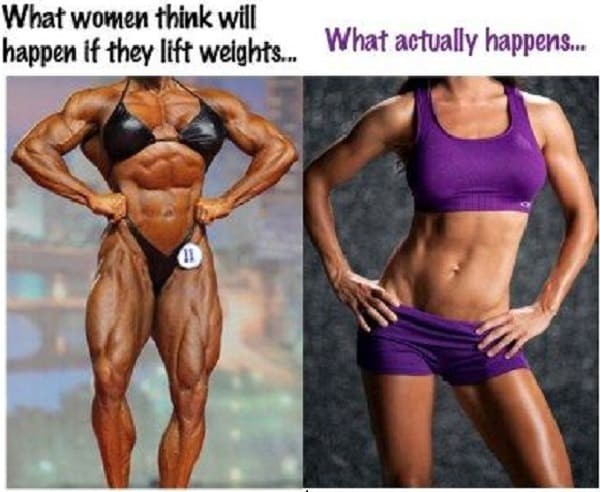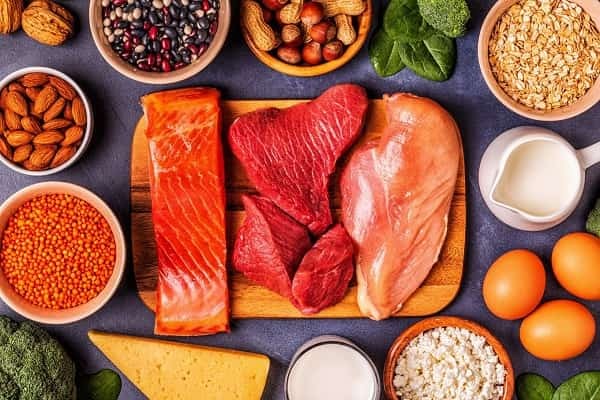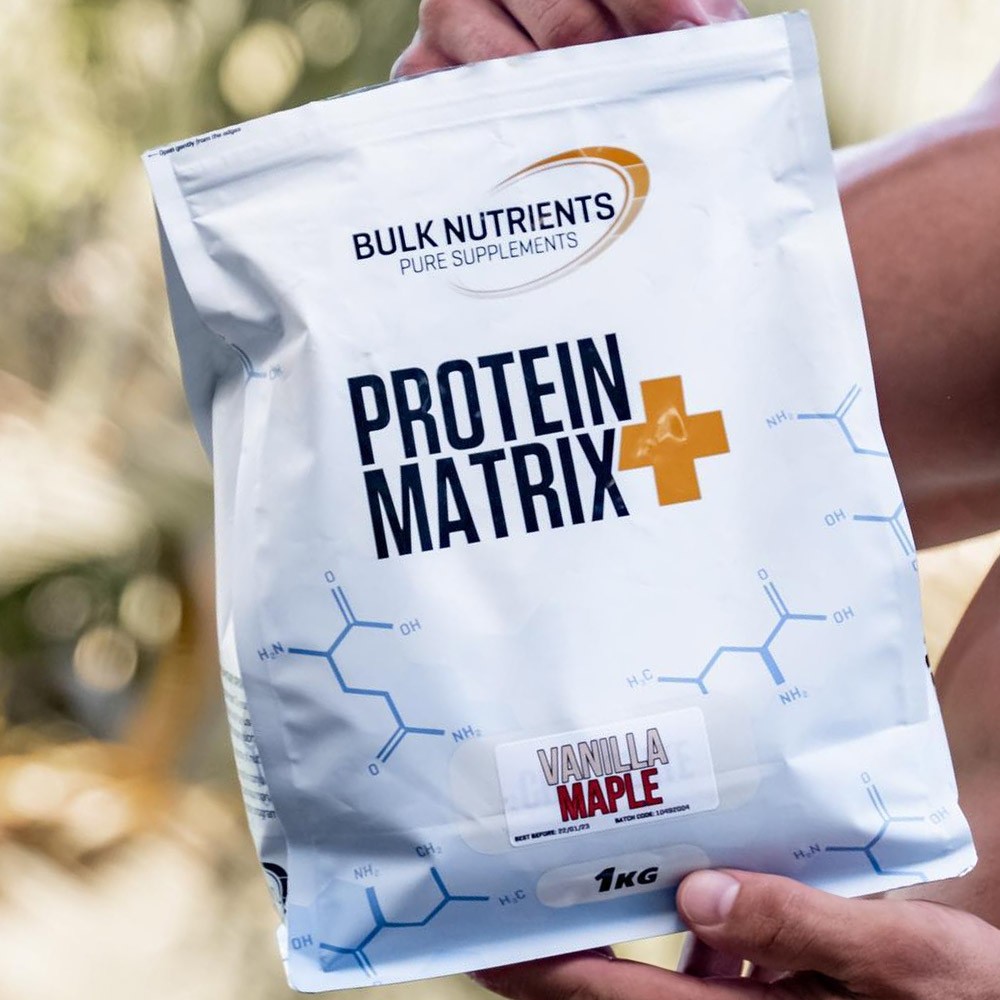A New Year's resolution gym-goers guide to the gym

Advice for those starting out at the gym
Here's the first truth: no one is looking at you.
I've heard people say they're concerned about going to the gym because they're scared everyone is laughing at them.
The truth is everyone is worried about themselves; their training, their results, and getting home on time.
If anything, they're respecting you for being there.
Here's a gym statistic that might surprise you: 80 per cent of January gym-joiners quit within five months.
And as someone who has been in and out of gyms for a decade, I can confirm this is accurate. And I don't want that to be you!
So, the first question you have to ask is: what do I want to achieve at the gym?
Be clear on your muscle building and or/fat loss goals
Do you want to grow muscle? Lose fat? Or both?
The good news is that if you're just starting out at training, you can lose fat and grow muscle at the same time!
But these glory days don't last forever.
For your best physique, I'd recommend prioritising muscle growth for the first three years. This is when you can gain the majority of muscle possible.
But how much can you gain in what time frame? Research suggests:
First 6-12 months: Men can gain 9-11 kilograms of muscle, women about half of this.
Second-year of lifting: You can gain half the amount you gained in your first year.
Third-year of lifting: You can gain half of what you gained in your second year.
For your best physique possible as a man and a woman, you want maximal muscle growth for a great shape.
Ladies, please don't think you're going to get as big as a man, and muscly and "gross."
It's not going to happen: Males have five times more testosterone than you, so they're going to grow much more muscle.
I'm reminded by this meme that's been travelling around fitness circles for years, to ensure women don't fall into this trap:

The athlete on the left is extremely likely to be on a huge dose of testosterone, likely two-three times more than the average man. So don't be put off by supernatural forces!
So, with your training in place, you need to ensure you're getting your diet right.
Setting up a calorie surplus for muscle growth
You can't grow muscle without being in a calorie surplus; there's no getting around this.
But this doesn't mean you have to eat the house down and get super fat, justifying it with: "But I'm bulking!"
Here's the good news: research shows we might only need a 200-300 calorie surplus...
So, we're looking at minimal fat gains here!
Those who eat more than this are doing it wrong.
You might decide after two years that you want to "lean down" and focus on weight loss, or maybe after one. It's totally up to you but allow for three years (more if you'd like) for maximal muscle growth.
So, with the correct surplus, the next step is protein; you need to ensure you're eating enough!
How much protein for muscle growth?
Here's only what you need to know:
- Protein promotes muscle growth and strength.
- The latest recommendations are to have about 1.6 grams to 2.2 grams of protein per kilogram of body weight per day
- Try not to go longer than 6 hours without protein.

Get your sources (mainly) from lean versions of protein like:
- Barramundi or canned tuna
- Turkey
- Kangaroo
- Chicken breast
- Whey protein powder
- Beef jerky
- Egg whites
And that's it.
Whey protein powder is an excellent supplement that gives you a convenient and low-calorie hit of protein, and I'd recommend any gym-goer get some.

Understand that motivation is for amateurs, and just go to the gym regardless of how you feel.
Talk to any seasoned gym-goer after you get comfortable, and they'll tell you the same thing: they turn up no matter what.
Work is stressful? Great, the gym will help. Feeling tired? The gym will help, too. Didn't feel like coming? You will be glad you did.
Motivation comes from doing.
Is there something that you do, like household chores, that you do no matter what? That's how you have to see the gym.
If you wait for motivation, it will never come. You have to bring it about by training.
Try this: if you're feeling unmotivated, aim to go to the gym with one goal: to perform one set.
I guarantee that once that set is over, the motivation will appear as if by magic, and you'll stay and finish the workout.
If you see the gym as a necessity, like brushing your teeth, and you keep turning up -- you'll achieve a physique you won't quite believe.
This is the magic of body transformations that occur to those who stick it out!
Forget motivation. It's a rookie's game. Let it appear when you arrive at the gym.
The bottom line is that you're a welcomed addition to your new gym! Make sure you're clear on your goal and lift weights for at least three years if maximum growth is your goal.
You can then lean down after that. And you only need a 200-300 calorie surplus for muscle growth, so don't stress about gaining too much body fat. Stick to 1.6 grams to 2.2 grams of protein per kilogram of body weight per day and try not to go more than six hours without protein.
And most importantly, make the gym a habit, and realise that the motivation to train comes from simply doing ONE set. All the best with your life-changing decision!

Dayne Hudson
Like many, Dayne was once desperate to lose weight and get into shape. But everyone he asked, everything he read, lead to the same place... nowhere.
His journey started there - researching science journals and completing a Sports Nutrition Specialist qualification so he could make weight loss easier.
References:
- Aragon AA, Schoenfeld BJ. Nutrient timing revisited: is there a post-exercise anabolic window?. J Int Soc Sports Nutr. 2013;10(1):5. Published 2013 Jan 29. doi:10.1186/1550-2783-10-5
- Clark RV, Wald JA, Swerdloff RS, Wang C, Wu FCW, Bowers LD, Matsumoto AM. Large divergence in testosterone concentrations between men and women: Frame of reference for elite athletes in sex-specific competition in sports, a narrative review. Clin Endocrinol (Oxf). 2019 Jan;90(1):15-22. doi: 10.1111/cen.13840. Epub 2018 Sep 27. Erratum in: Clin Endocrinol (Oxf). 2019 Sep;91(3):471-473. PMID: 30136295.
- Slater GJ, Dieter BP, Marsh DJ, Helms ER, Shaw G, Iraki J. Is an Energy Surplus Required to Maximize Skeletal Muscle Hypertrophy Associated With Resistance Training. Front Nutr. 2019;6:131. Published 2019 Aug 20. doi:10.3389/fnut.2019.00131
- Wallace MB, Mills BD, Browning CL. Effects of cross-training on markers of insulin resistance/hyperinsulinemia. Med Sci Sports Exerc. 1997 Sep;29(9):1170-5. doi: 10.1097/00005768-199709000-00008. PMID: 9309627.
- Wernbom M, Augustsson J, Thomeé R. The influence of frequency, intensity, volume and mode of strength training on whole muscle cross-sectional area in humans. Sports Med. 2007;37(3):225-64. doi: 10.2165/00007256-200737030-00004. PMID: 17326698.
- Wu G. Dietary protein intake and human health. Food Funct. 2016 Mar;7(3):1251-65. doi: 10.1039/c5fo01530h. PMID: 26797090.
Related Blogs

Be Successful This New Year
Posted by Ellie Hearn
Estimated reading time: 5 minutes

How to Get Started at the Gym
Posted by Nicole Frain
Estimated reading time: 4 minutes

The Three Pillars of Health: Your Guide to Goal Setting!
Posted by Ben Disseldorp
Estimated reading time: 10 minutes






























